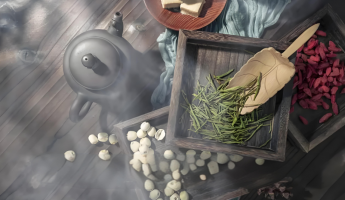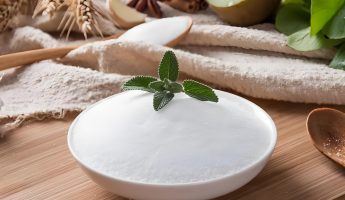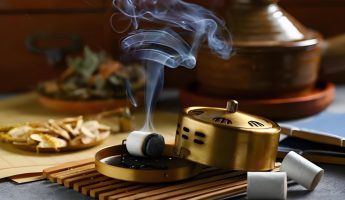Autumn is intense and cold is heavy. Traditional Chinese medicine has rich experience and unique methods in keeping warm and preventing cold. Here are some suggestions from traditional Chinese medicine to help you stay warm and warm:
1、 Adjust diet, warm yang and dispel cold
Traditional Chinese medicine believes that food has four properties: warmth, coldness, and coldness. When a cold wave strikes, it is advisable to consume more warm foods to drive away the cold and keep warm.
Warm yang ingredients: such as lamb, beef, chives, chili peppers, scallions, ginger, garlic, fennel, pepper, etc. These foods can warm and dispel cold, enhancing the body’s cold resistance. For example, ginger is known as the “holy hand for dispelling cold”, and its spicy ingredients can effectively drive away wind and cold. Adding more ginger as an ingredient when making soup can have a good effect on dispelling cold.
Tonic Diet conditioning: such as angelica mutton soup, chicken stewed with astragalus, etc. These Tonic Diet are not only delicious, but also warm and replenish the blood and strengthen the body’s resistance. In Danggui Lamb Soup, Danggui can nourish blood and promote blood circulation, while lamb can warm and nourish yang qi. The combination of the two can resist cold and nourish the body.
2、 Wear warm clothing and protect key areas
Traditional Chinese medicine emphasizes that ‘cold starts from the feet’, so the first step in keeping warm is to start from the feet.
Wearing Thick Clothes: Choose clothes and shoes with good insulation performance, especially down jackets, cotton shoes, etc., to ensure that all parts of the body can receive sufficient warmth.
Protect key areas: Pay attention to keeping the head, neck, hands, and feet warm, as these areas are prone to cold. You can wear hats, scarves, gloves, and thick socks to enhance warmth.
3、 Moderate exercise to enhance physical fitness
Appropriate exercise can promote blood circulation, enhance the body’s metabolism, and thus improve the body’s cold resistance.
Choose suitable exercises such as walking, jogging, Tai Chi, etc. These exercises can not only exercise the body but also regulate qi and blood, making them suitable for use in cold seasons.
Pay attention to exercise time and intensity: Avoid outdoor activities in the morning and evening when the temperature is low to avoid getting cold. At the same time, the intensity of exercise should be moderate to avoid overexertion that can lead to a decrease in the body’s immune system.
4、 Traditional Chinese medicine therapy, warming meridians and dispelling coldness
Traditional Chinese medicine therapies such as moxibustion, cupping, and guasha have the effects of warming meridians, dispelling cold, and unblocking meridians, which can effectively alleviate discomfort caused by cold.
Moxibustion: By igniting mugwort and utilizing the heat of mugwort to warm the meridians and dispel coldness, it is particularly suitable for use in cold seasons. Moxibustion can be performed at specific acupoints at home, such as Zusanli and Dazhui, to achieve the effect of dispelling cold and keeping warm.
Cupping and guasha: These therapeutic methods can unblock meridians, promote blood circulation, and relieve muscle tension and pain caused by cold. But it should be noted that after cupping and scraping, it is important to keep warm and avoid getting cold again.
5、 Maintain indoor warmth and avoid cold invasion
At home, we can use heating, air conditioning and other equipment to keep the room warm, but we should be careful to avoid excessive use that can cause dry or polluted air. Meanwhile, some green plants or humidifiers can also be placed indoors to increase air humidity and purify the air.
In summary, traditional Chinese medicine has rich experience and unique methods in keeping warm and preventing cold. By adjusting our diet, wearing warm clothing, exercising appropriately, practicing traditional Chinese medicine therapy, and maintaining indoor warmth, we can effectively resist the invasion of cold, maintain physical health, and maintain a happy mood.



